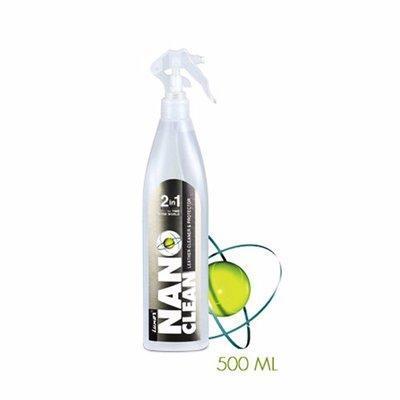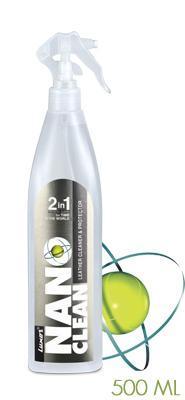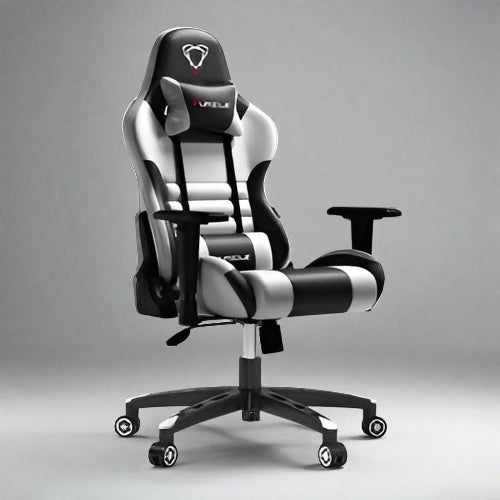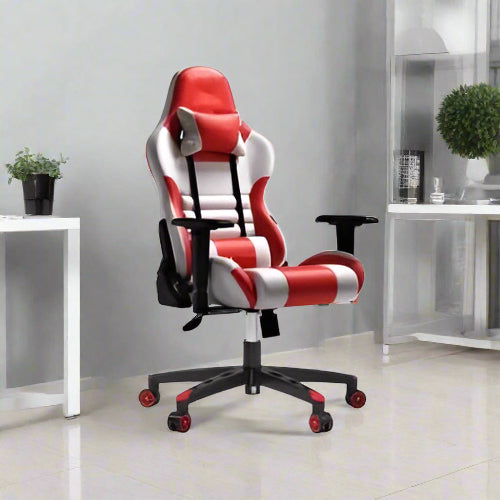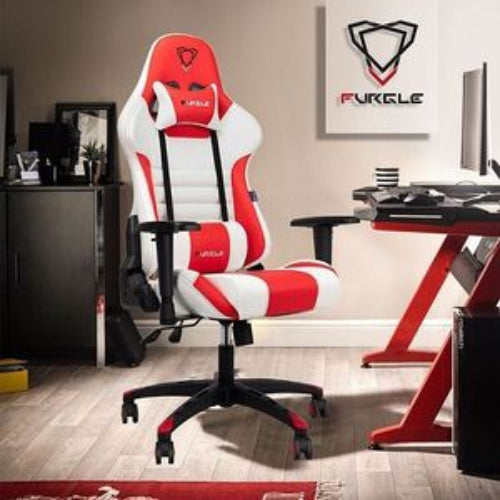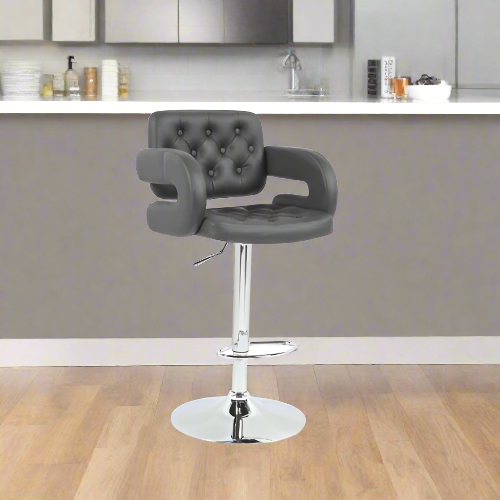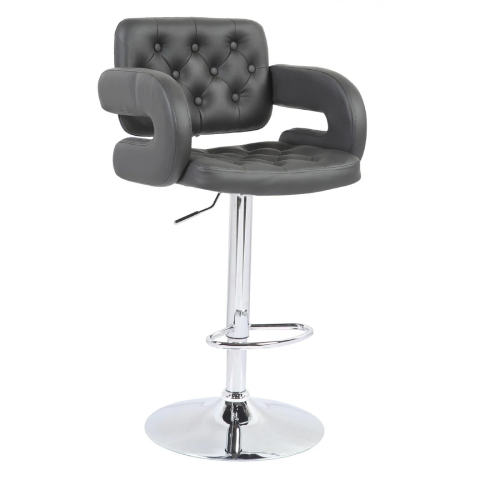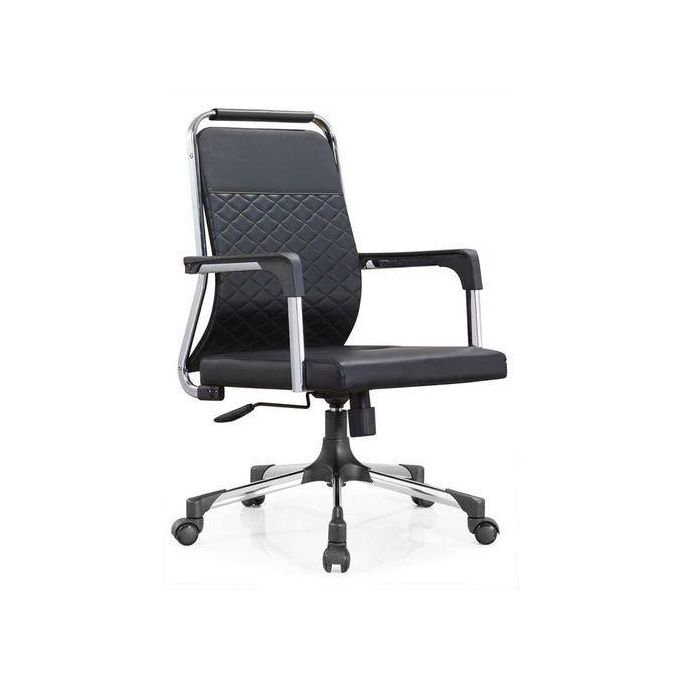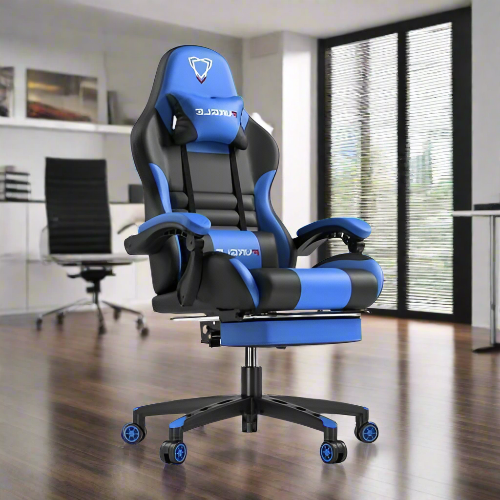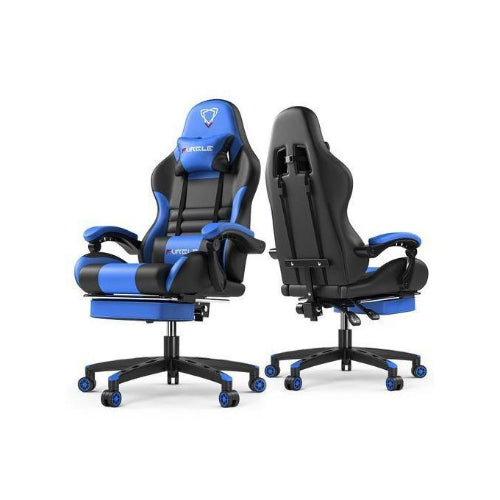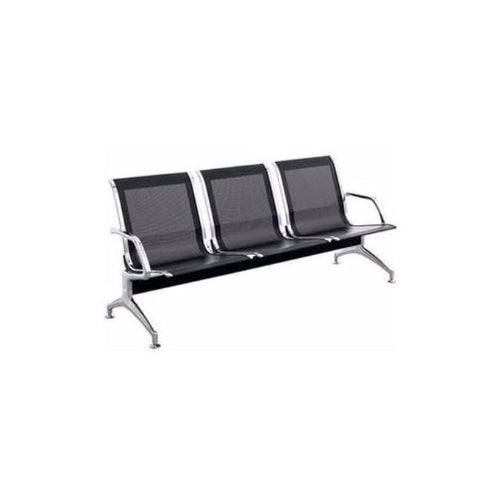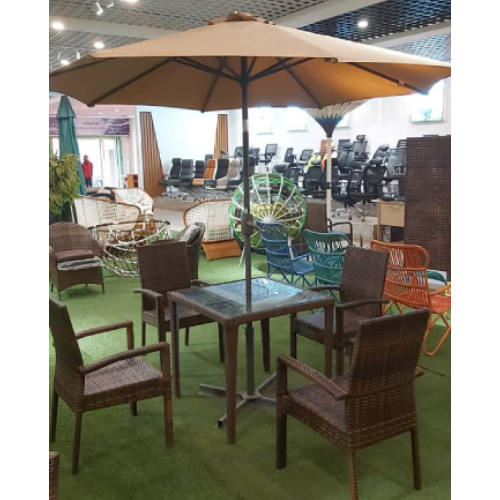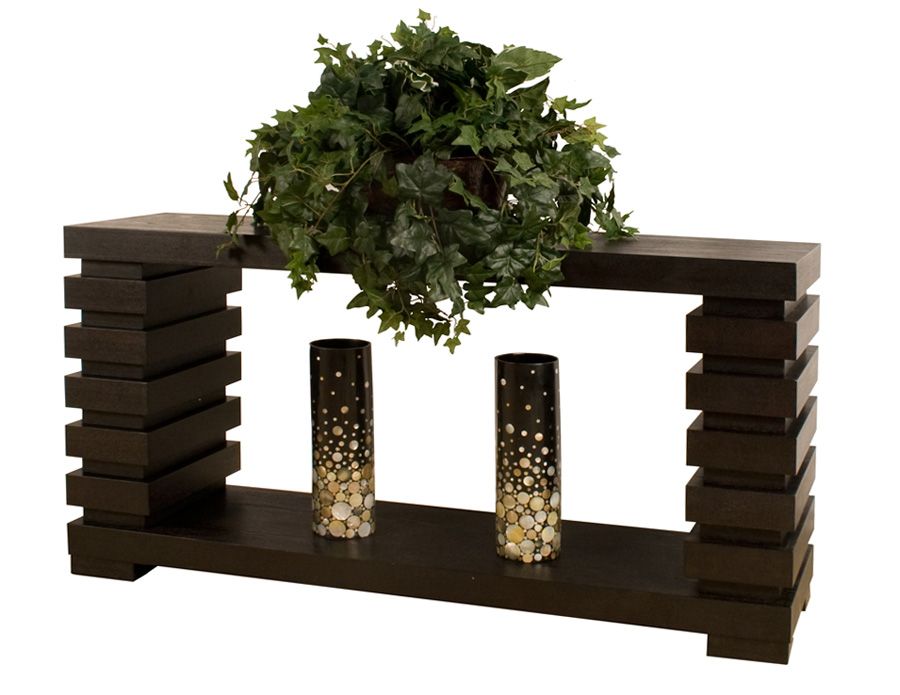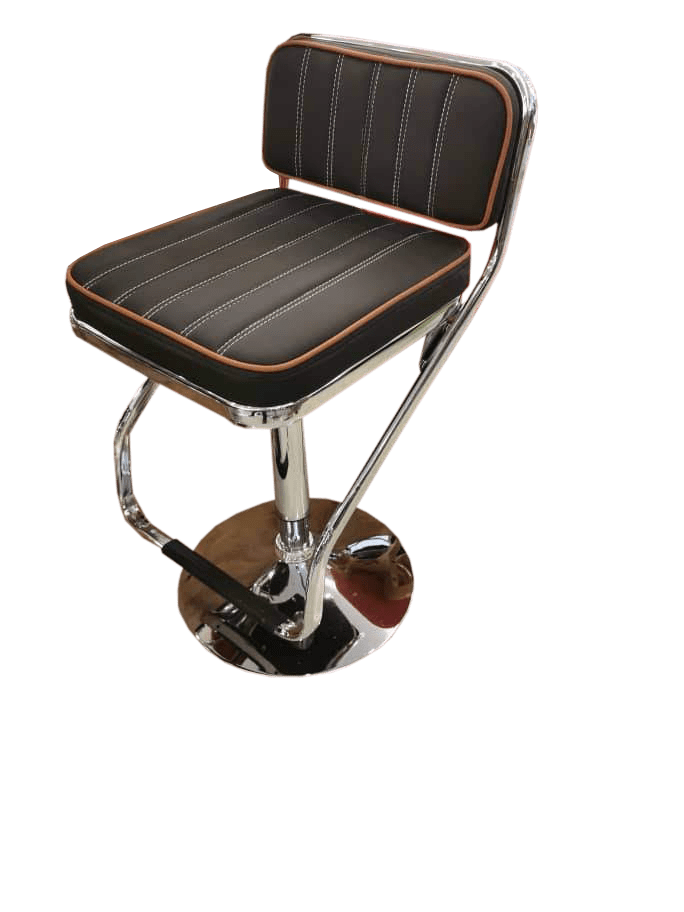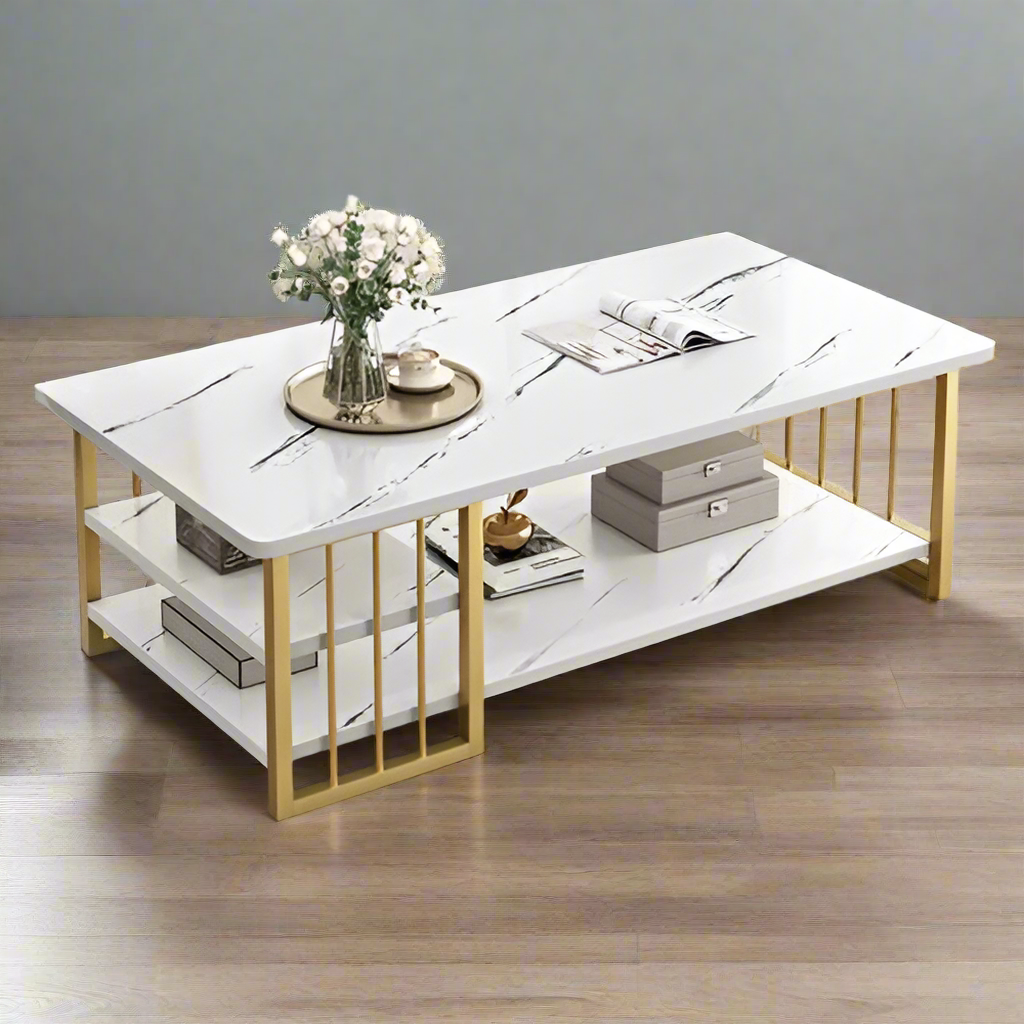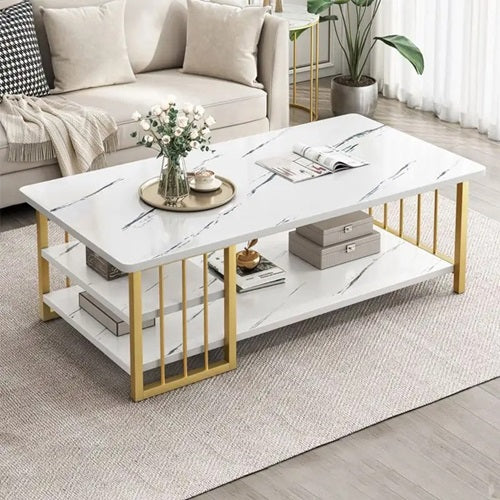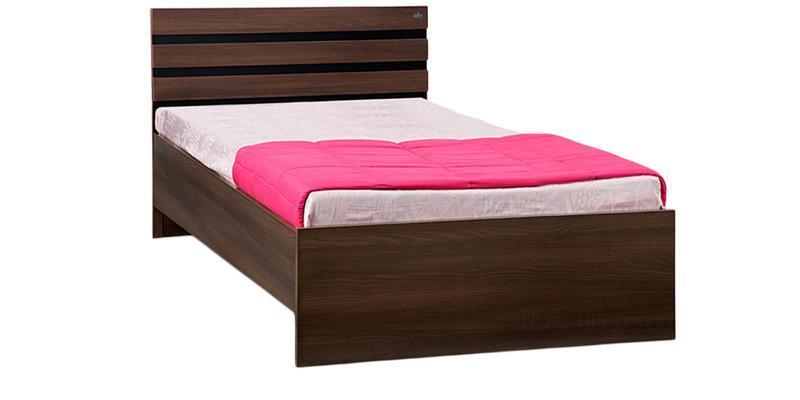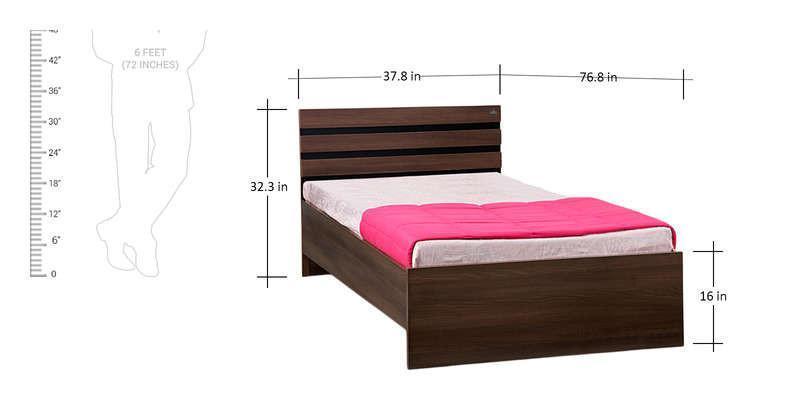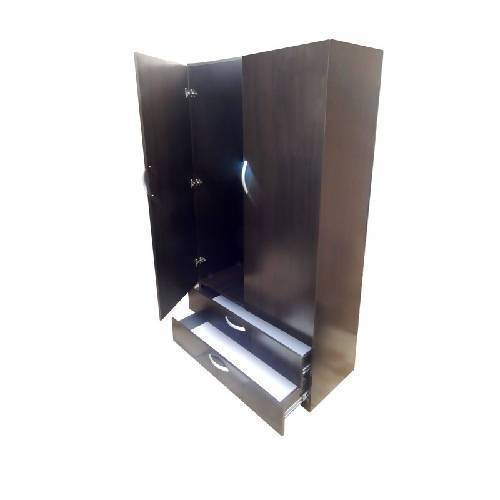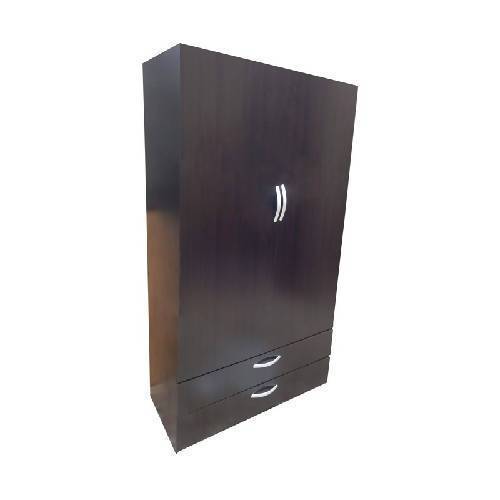The wellness industry is constantly evolving, with new trends promising numerous health benefits cropping up regularly. One practice gaining popularity is cold water therapy. But is this method genuinely revolutionary for home wellness, or just another fleeting trend?
The Science Behind Cold Water Therapy
Cold water therapy, traditionally popular in athletics for recovery, involves immersing the body in cold water to encourage both physical and mental well-being. Advocates suggest it can decrease inflammation, improve circulation, and boost mental health by reducing stress and anxiety. The idea is that the shock of cold water forces the body to adjust, improving resilience and vitality.
However, despite these promising claims, scientific consensus is mixed. While some research supports the benefits of cold immersion in reducing muscle soreness and promoting recovery, other studies caution that the effects might be short-lived and not as comprehensive as enthusiasts claim. This leads to an ongoing debate about whether the benefits of cold water therapy are founded in substantial science or if they're more of a placebo-driven wellness craze.
Accessibility and Innovations in DIY Cold Immersion
For many, the barrier to adopting cold water therapy has been accessibility. Constructing a traditional ice bath at home can be cumbersome and impractical. However, innovations are changing the landscape of DIY cold immersion. Affordable and compact solutions like mini ice pod chillers are making it easier for individuals to integrate this therapy into their daily routines. These devices offer a practical way to maintain low-temperature water in a controlled setting, aligning with modern minimalist living spaces.
Such innovations democratize access to cold therapy, providing an opportunity for those curious about the practice to experiment without significant investment. This is where products like the mini ice pod chiller from phdcold come into play, offering an efficient solution for personal use. By transforming any standard bathtubs into a relaxing cold plunge experience, these chillers embody the fusion of practicality and wellness exploration.
Home Furniture and Wellness: A Seamless Blend
Interestingly, this trend aligns well with the home furnishing industry, particularly sites like hogfurniture.co. As individuals look to create spaces that promote both comfort and health, integrating wellness solutions into home design becomes paramount. Furniture and home goods that support health benefits, such as ergonomic designs or wellness-enhancing additions like cold plunge areas, add value to modern living.
Incorporating cold water therapy into home wellness routines doesn't just offer potential health benefits—it encourages mindfulness and lifestyle improvements. As more people seek to transform their homes into personal wellness sanctuaries, products that facilitate easy integration of healthy practices become more desirable. This blend of home comfort and wellness speaks to a broader movement towards intentional living.
Cold Therapy: Weighing Benefits and Skepticism
Despite the accessibility and potential benefits, cold water therapy may not be for everyone. Critics argue that further research is necessary to comprehensively understand its long-term effects. People with certain health conditions should approach this trend with caution, and professional medical advice is recommended before beginning such practices.
For those considering ice pod chillers or similar innovations, it's essential to balance enthusiasm with informed skepticism. Cold water therapy can offer fascinating prospects for home wellness routines but should be adopted with an understanding of its limitations and potential risks.
Whether cold water therapy is a wellness revolution or just another fleeting trend depends largely on personal experience and preferences. By making these practices more accessible and integrated into home environments, individuals are empowered to explore new facets of holistic well-being. As the trend continues to evolve, so too will the furniture and lifestyle solutions that support it, reinforcing the notion that wellness is indeed at home.







